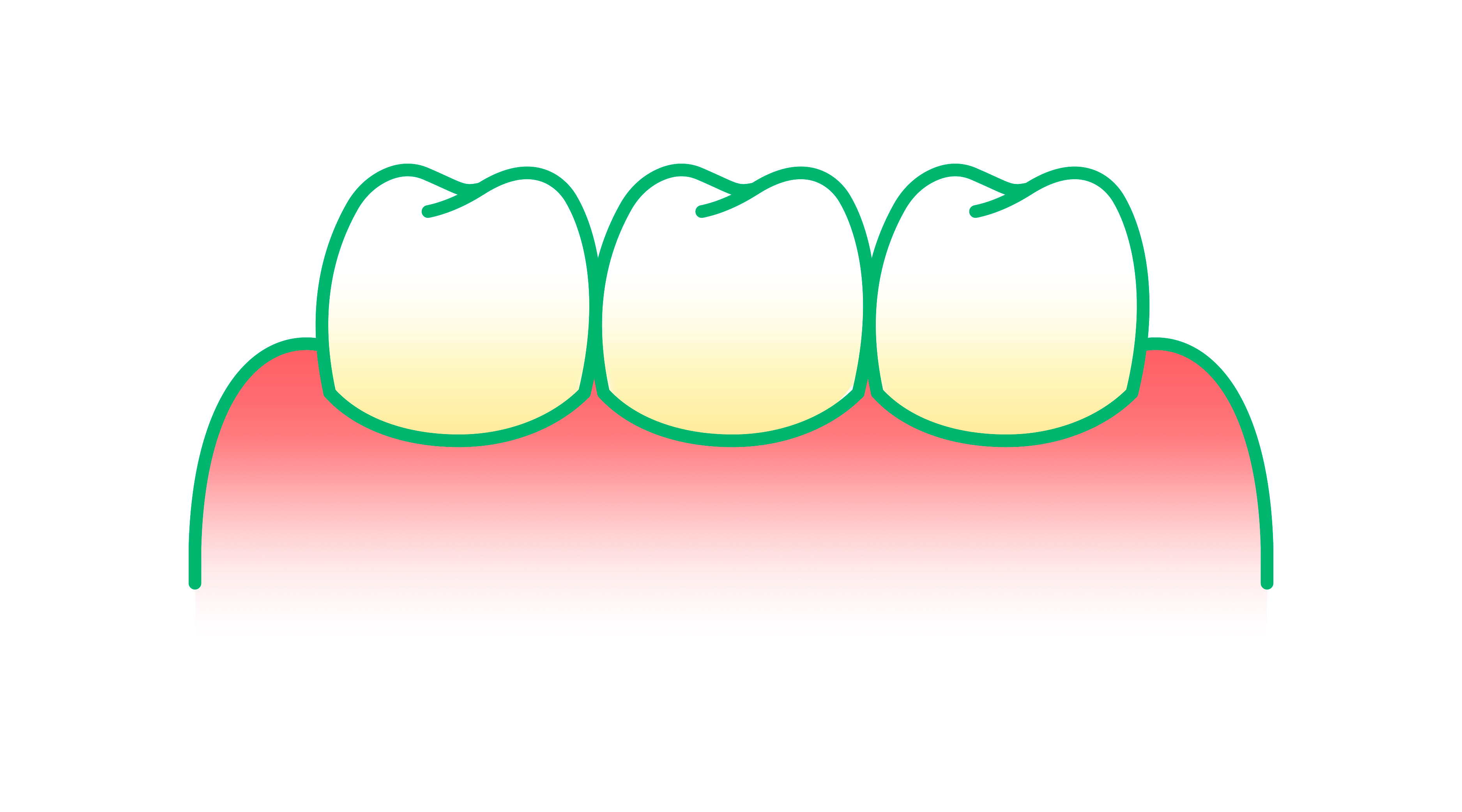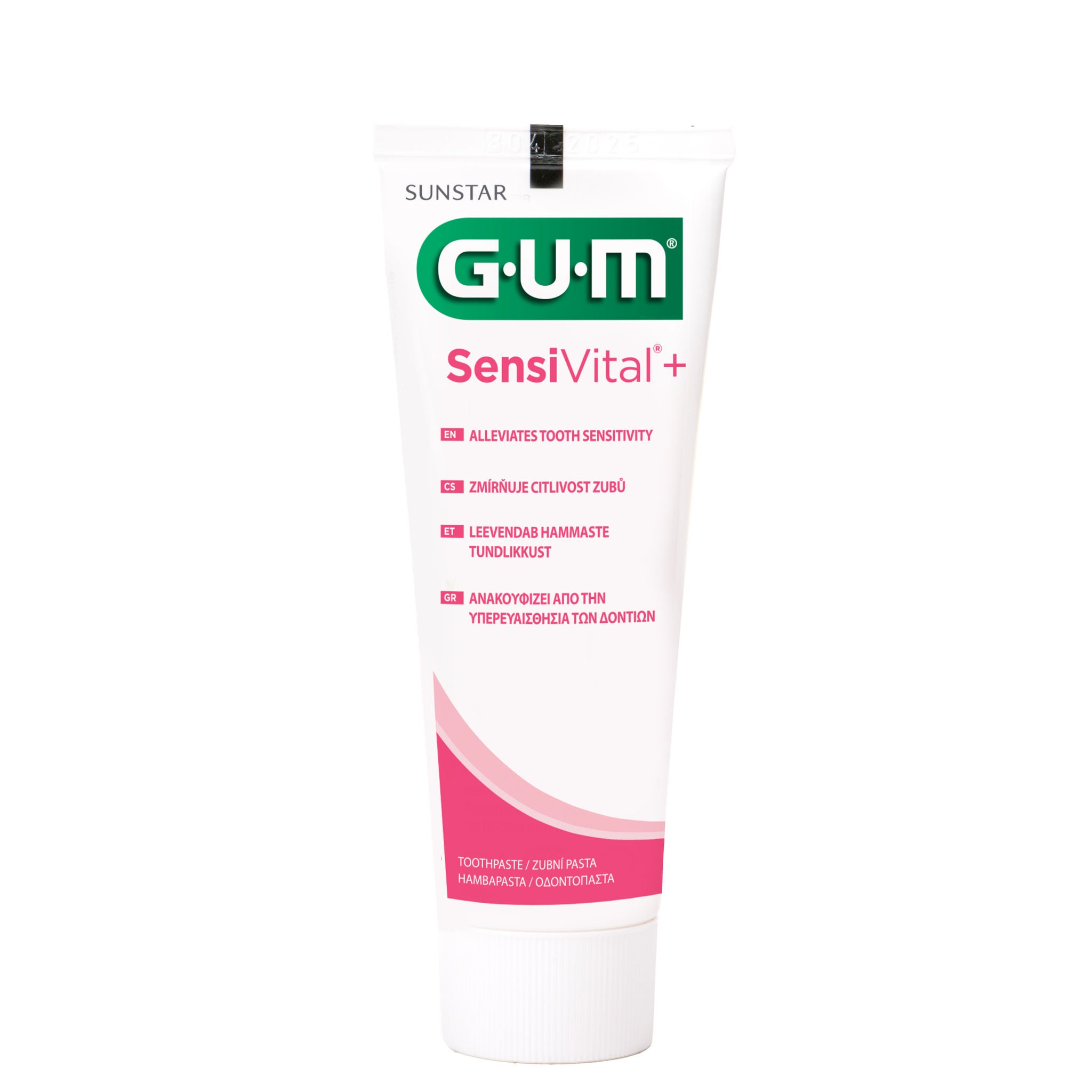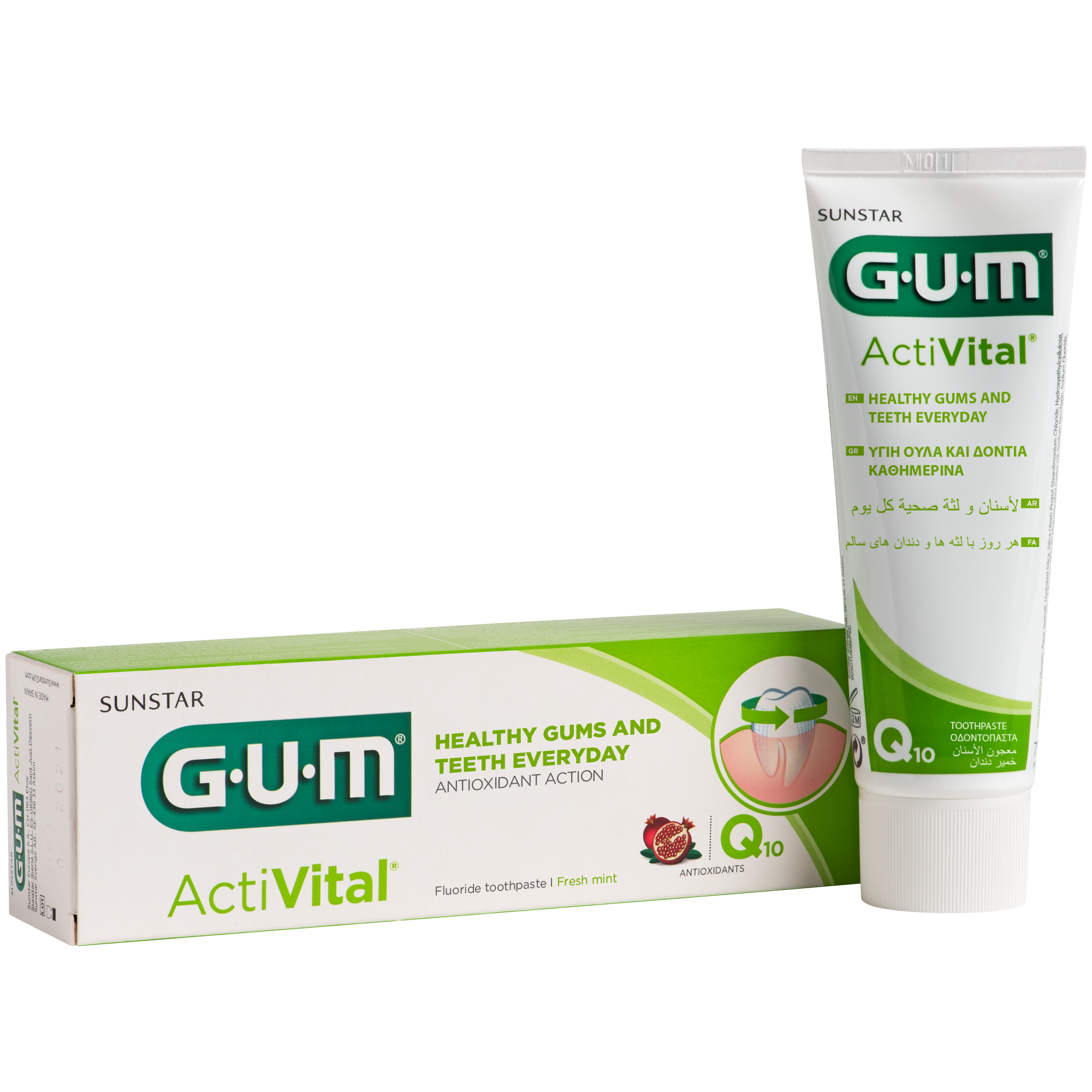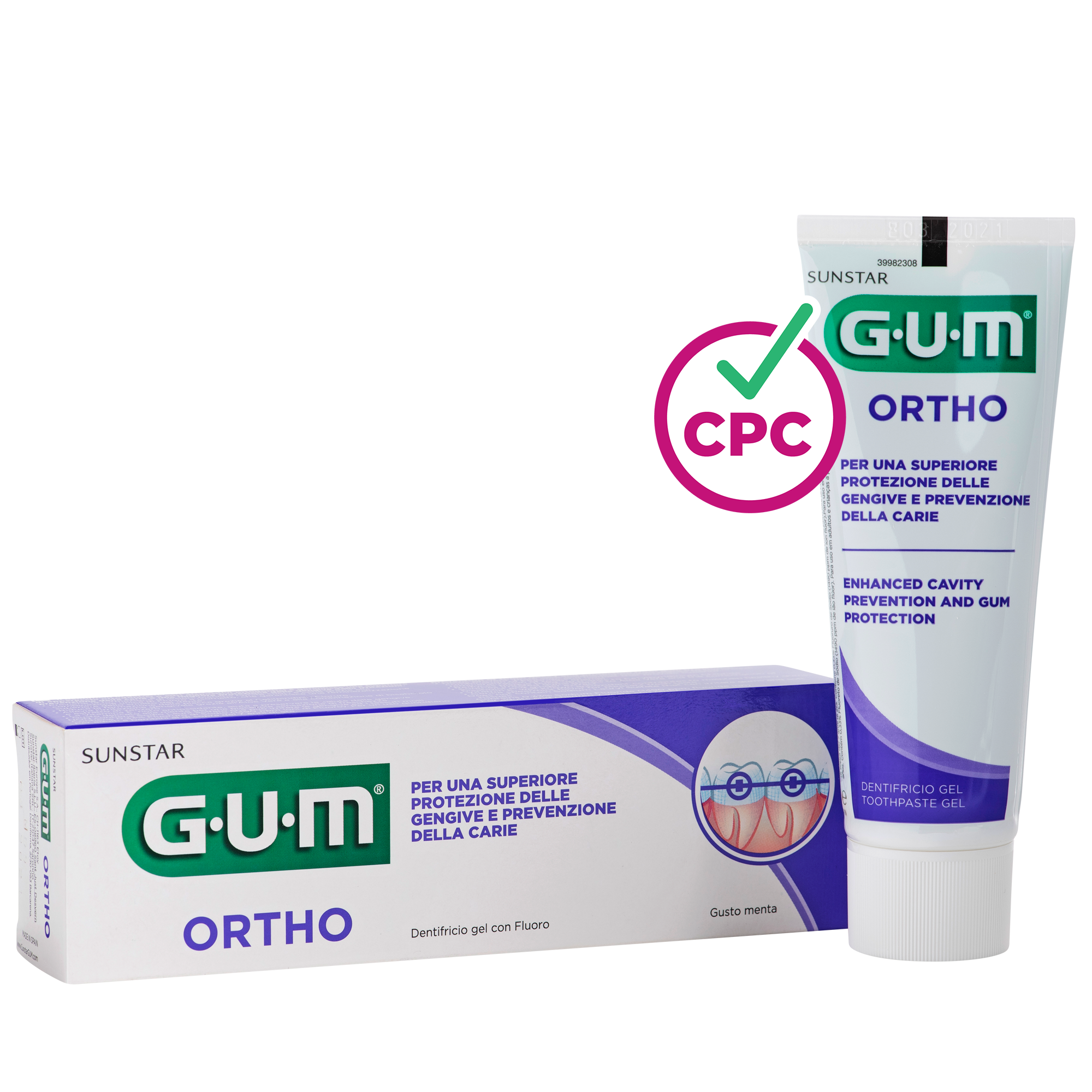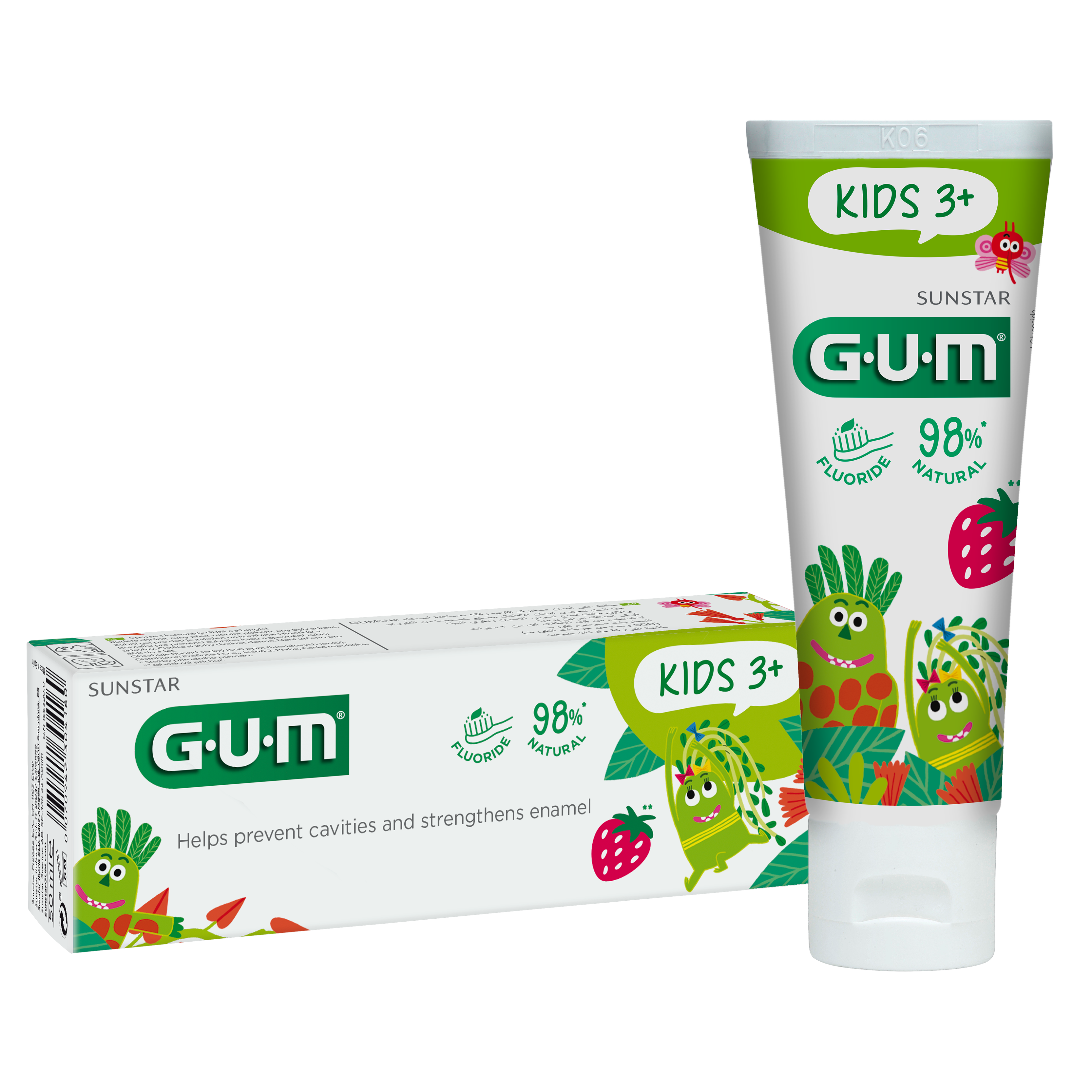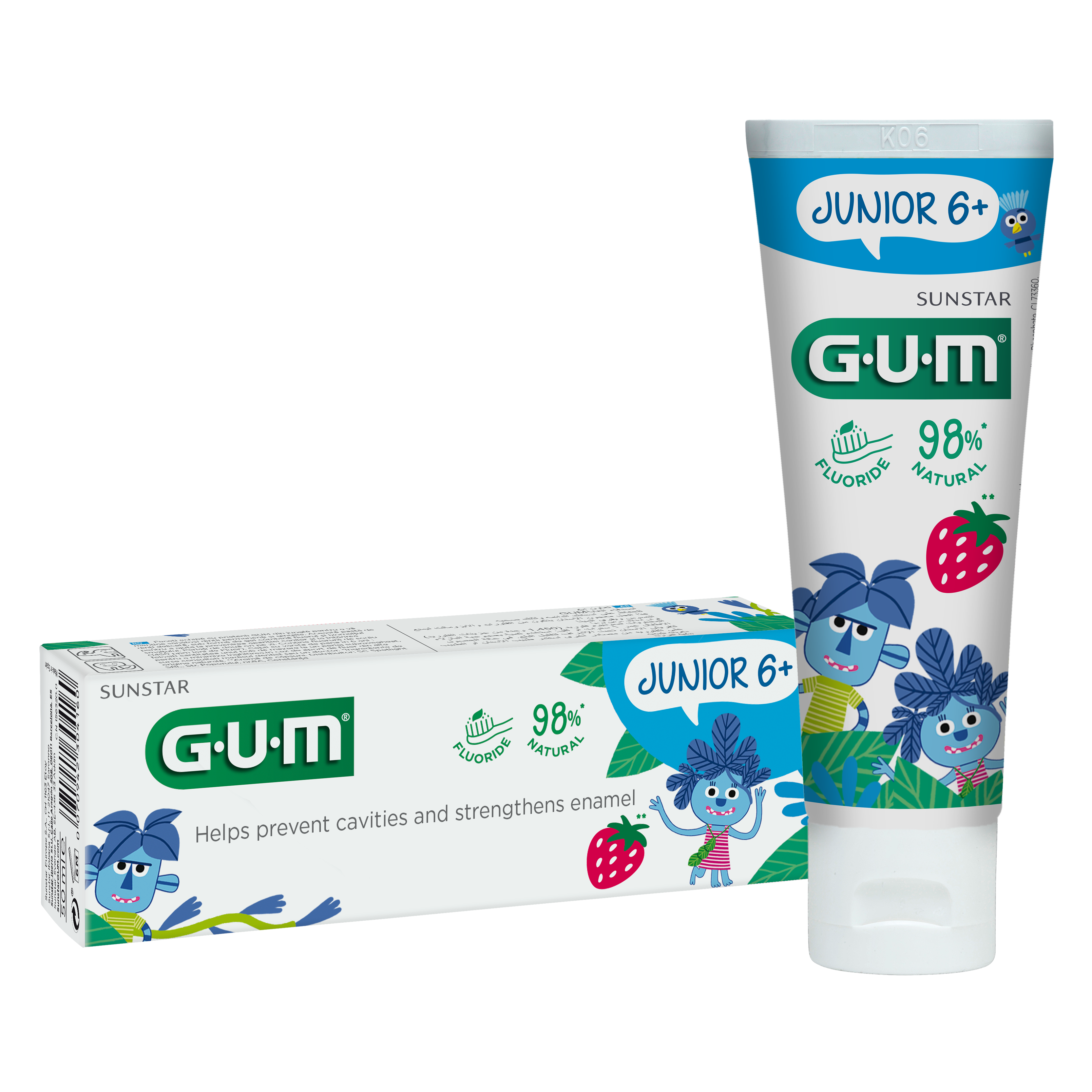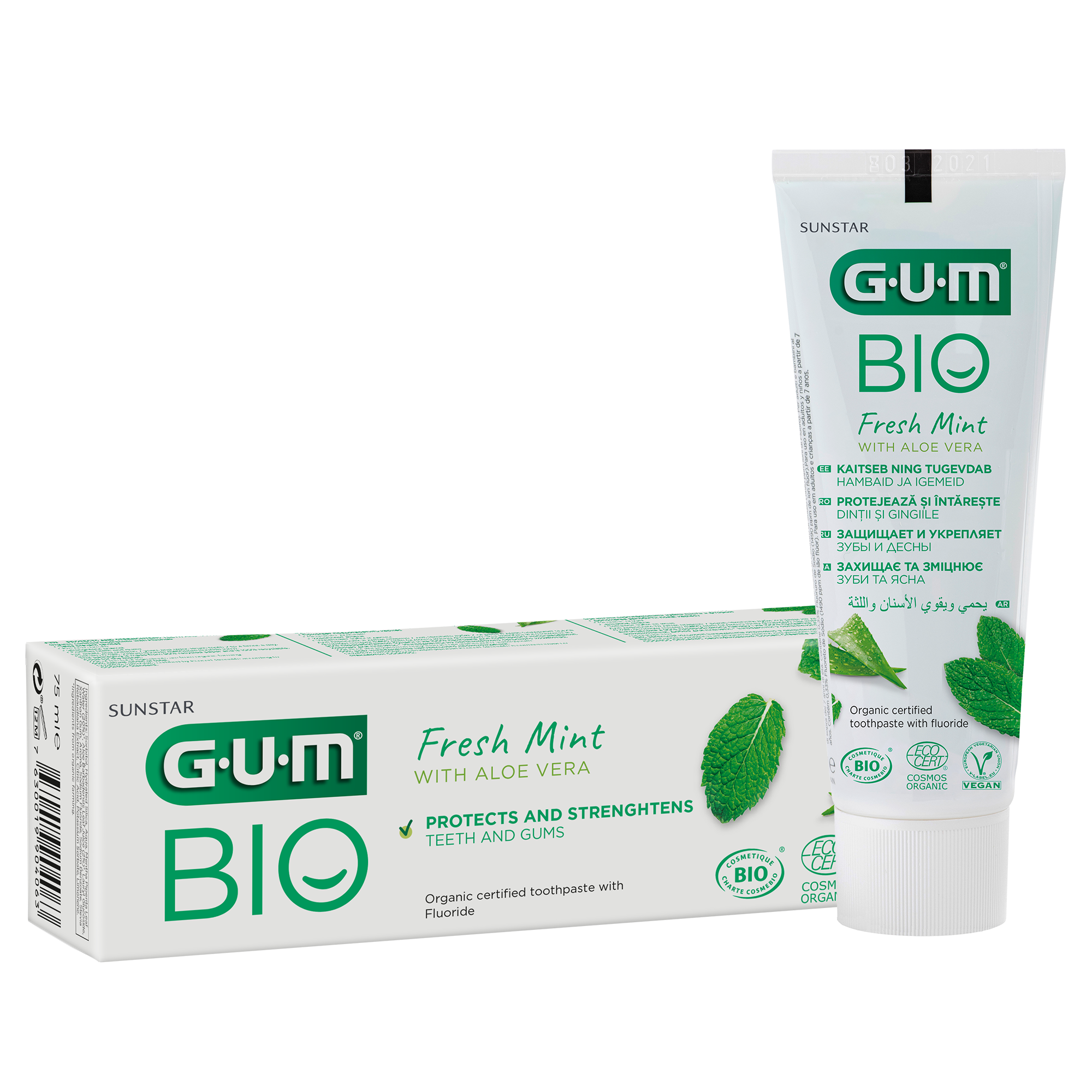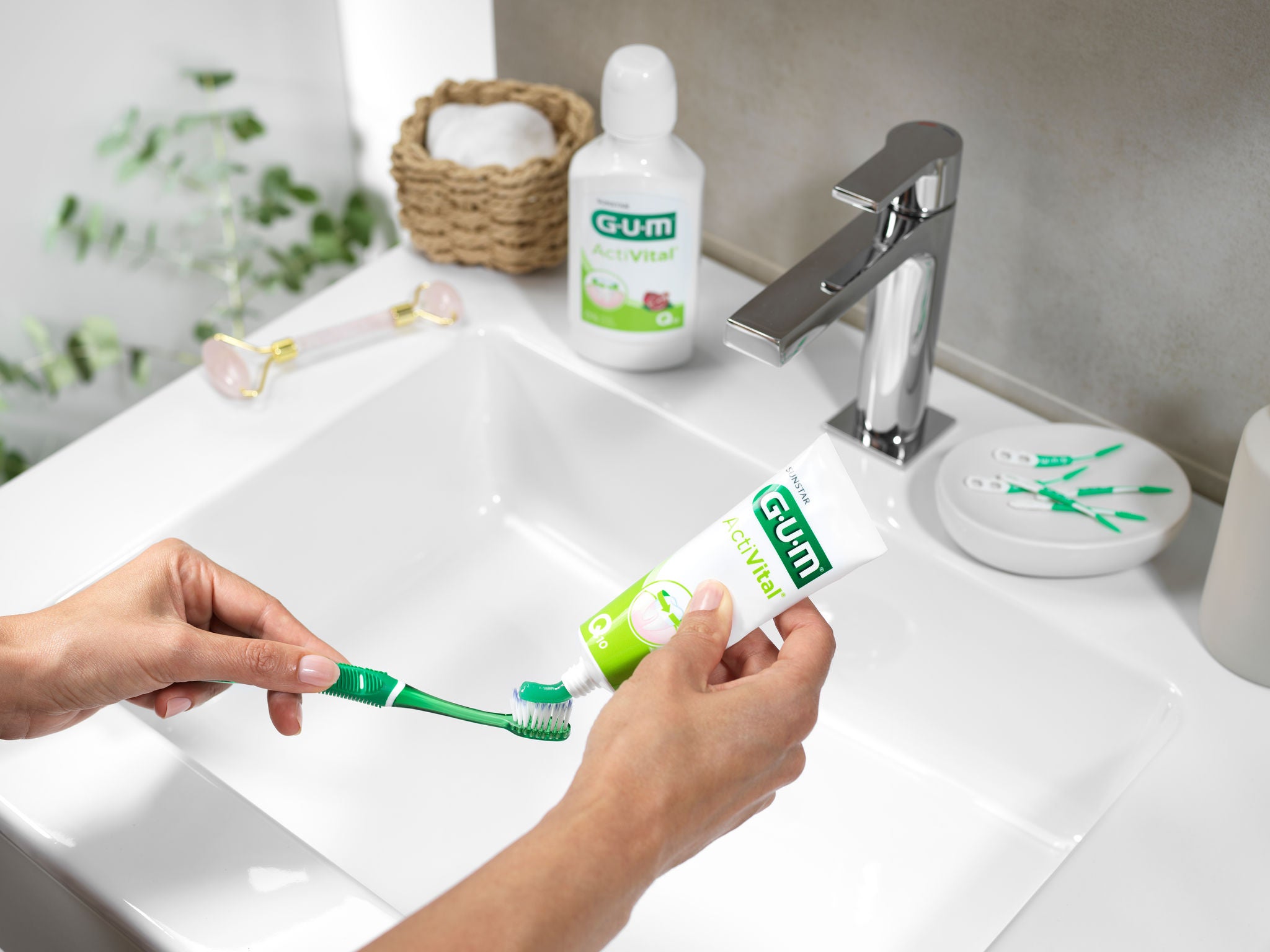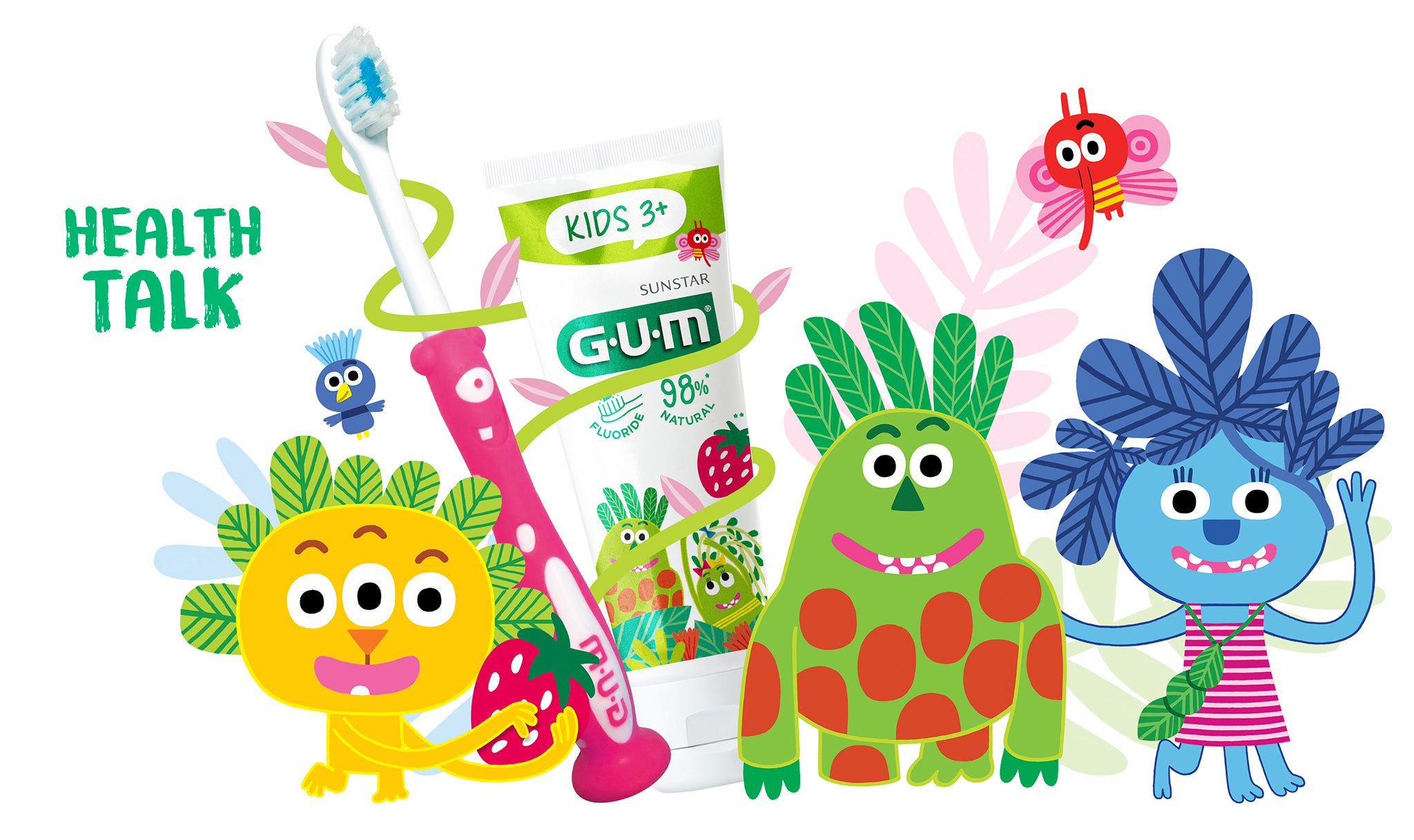
Your Guide to Choosing the Right Toothpaste
Brushing your teeth is an essential part of a complete oral health routine, but with so many varieties of toothpaste available, knowing how to choose the right one can be tricky.

In this blog post, we will provide you with a comprehensive guide on how to choose a toothpaste that suits your specific oral care requirements and makes brushing your teeth an enjoyable part of your daily rituals.
Choosing the right toothpaste for your oral health
When it comes to choosing the right toothpaste, it's important to assess your specific oral health concerns. This will help you narrow down the options and find a toothpaste that addresses your needs effectively.
Fluoride: a key ingredient
Plaque creates a safe environment for acid-producing bacteria. This acid, in turn, causes damage to tooth enamel (demineralisation), which can lead to the development of cavities.
Products with fluoride can slow down the breakdown of enamel and speed up the remineralization process. According to the World Health Organization (WHO), “Fluoridated toothpastes containing between 1000 and 1500 ppm fluoride is the standard recommended by WHO as a public oral health measure for the prevention of caries.”
Tooth sensitivity
Sensitive teeth can cause a great deal of discomfort, especially when consuming hot or cold foods and beverages. Using toothpaste with desensitising properties and a low abrasivity regularly can provide relief and make your oral care routine more comfortable.
These are a few ingredients to look for in desensitizing toothpaste, though it’s important to remember that every manufacturer will have their own proprietary formulations:
- Fluoride: Fluoride is a mineral that strengthens tooth enamel and helps prevent tooth decay. It works by remineralizing the enamel, making it more resistant to acid attacks from bacteria and acidic foods and drinks. Fluoride also inhibits the growth of bacteria that can cause gum disease, helping to maintain gum health.
- Isomalt: Isomalt is a sugar substitute commonly used in toothpaste as a sweetener. By using isomalt instead of sugar, toothpaste can provide a pleasant taste without promoting the growth of harmful bacteria in the mouth.
- Hydroxyapatite: a mineral compound that can help repair and remineralize tooth enamel, reducing sensitivity in the process.
- Potassium Citrate: helps reduce tooth sensitivity by blocking pain signals from reaching the nerves in the teeth.
- Potassium Nitrate: helps block nerve signals in the teeth, reducing sensitivity and discomfort.
- Cetylpyridinium Chloride (CPC): an antimicrobial agent commonly used in oral care products, including toothpaste. While it primarily functions as an antiseptic to help fight against bacteria in the mouth, it may also have some mild desensitizing properties.
- Copolymer: a substance used in toothpaste for its adhesive properties. It helps create a protective layer over the exposed dentin, which can reduce tooth sensitivity.


Gum health
Gum health is equally important as tooth health when it comes to maintaining overall oral hygiene. If you have gum issues like inflammation or bleeding, choosing the right toothpaste can make a significant difference.
By using toothpaste designed to promote gum health, you can help prevent or reduce gum issues and maintain a healthy oral environment.
Here are a few ingredients to look for in a toothpaste that encourages healthy teeth and gums. Again, every toothpaste will have its own unique formulation, so it isn’t necessary to have all of these ingredients in one product.
- Orange peel extracts: Orange peel extracts are sometimes included in toothpaste for their natural flavor and potential antimicrobial properties.
- Coenzyme Q10: Coenzyme Q10 is an antioxidant that occurs naturally in the body. In toothpaste, it is often added for its potential benefits in promoting gum health. Coenzyme Q10 has been suggested to reduce inflammation, support tissue repair, and improve gum healing.
- Aloe vera: Aloe vera gel is known for its soothing and anti-inflammatory properties, and can help soothe gum inflammation and irritation.
- Vitamin E: Vitamin E is an antioxidant that helps protect cells from damage caused by free radicals.
- Pro-Vitamin B5 (Panthenol): Pro-Vitamin B5 can help keep the gums moisturized, potentially reducing dryness and irritation.
- Chlorhexidine: An antiseptic and antimicrobial agent that is effective at controlling and reducing the growth of harmful bacteria in the mouth. It also helps reduce inflammation and promotes healing of the gums.
- CPC (Cetylpyridinium Chloride): Similar to chlorhexidine, CPC helps to kill or inhibit the growth of bacteria in the mouth. It also has some ability to reduce bad breath by eliminating odor-causing bacteria.
Find a toothpaste for your personal preferences
Flavour and texture
Something as simple as the flavour or texture of your toothpaste can be a barrier to regular brushing. Make sure you consider personal preferences when choosing a toothpaste to make the experience as enjoyable as possible.
Dietary considerations
Even though toothpaste is not meant to be consumed, small amounts tend to be swallowed now and then. If you have specific dietary needs, such as lactose intolerance or gluten intolerance, or if you practise a vegetarian diet, it is important to look closely at the ingredients to ensure they don’t contain ingredients from those sources.
Cosmetics
Another personal preference to consider is tooth whitening. For some people, having a brighter smile contributes to their self-confidence and overall well-being, so even if it isn’t a medical necessity in terms of oral health, it can have a positive impact on one’s mental health.
Finding the right toothpaste
With SUNSTAR GUM's wide range of fluoride-containing toothpaste options catering to different needs, you can find the best toothpaste to support your oral health journey.
It's important to note that while toothpaste plays a key role in overall oral health, it should be partnered with a proper toothbrush, interdental cleaning, proper brushing technique, and regular dental check-ups.
Remember, consulting with your dentist is always a good idea, especially if you have specific oral health concerns.
They can provide personalised recommendations based on your individual needs and guide you toward the most suitable toothpaste for your oral health journey.

